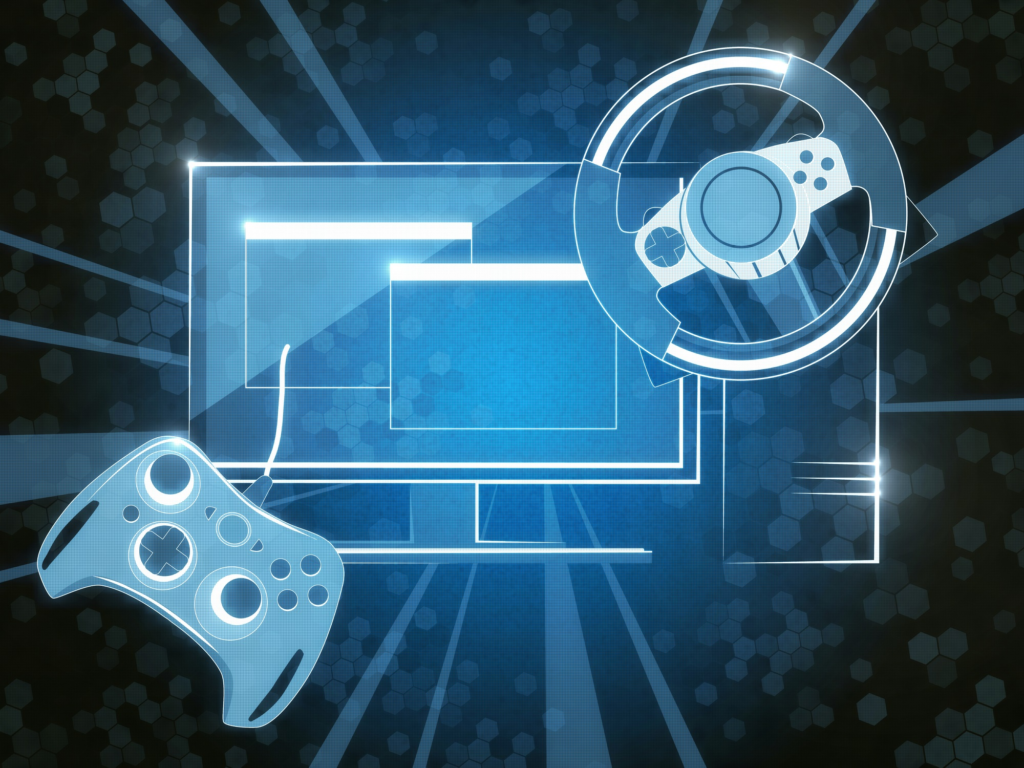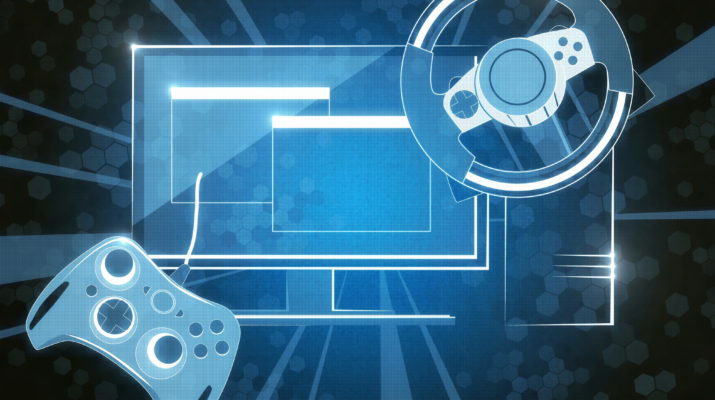Artificial Intelligence (AI) has emerged as a transformative force across various industries, and the gaming industry is no exception. From enhancing gameplay experiences to revolutionizing in-game decision-making, AI is changing the way games are developed, played, and enjoyed. In this article, we delve into the ways AI is reshaping the gaming landscape and driving innovation within the industry.

Dynamic Non-Player Characters (NPCs)
AI is enabling the creation of dynamic and lifelike Non-Player Characters (NPCs) that respond intelligently to player actions. Unlike traditional scripted NPCs, AI-driven characters adapt to the player’s behavior, making interactions more immersive and challenging. This evolution in NPC behavior enhances storytelling, providing players with a sense of agency and unpredictability within the game world.
Procedural Content Generation
AI algorithms are increasingly used for procedural content generation, allowing developers to create vast and diverse game worlds efficiently. By leveraging AI, developers can generate landscapes, levels, and scenarios dynamically, enhancing replayability and reducing the need for manual design. Procedural content generation ensures that each gaming experience is unique, keeping players engaged over extended playtime.
Adaptive Difficulty Levels
Artificial Intelligence (AI) is changing the way difficulty levels are implemented in games. Instead of relying on static difficulty settings, adaptive AI can analyze player performance in real-time and adjust the game’s difficulty accordingly. This ensures that players are consistently challenged without feeling overwhelmed or bored, creating a more personalized and enjoyable gaming experience.
Smarter Opponents in Multiplayer Games
In multiplayer games, AI is being utilized to create more challenging opponents that mimic human-like decision-making. These AI-driven opponents adapt their strategies based on the player’s actions, providing a more competitive and engaging multiplayer experience. As AI algorithms evolve, multiplayer gaming is likely to become even more immersive, with opponents demonstrating advanced tactics and strategic thinking.
Enhanced Graphics and Realistic Animations
Artificial Intelligence (AI) plays a crucial role in enhancing graphics and animations in games. Deep learning techniques are employed to create realistic character movements, facial expressions, and environmental details. AI-driven graphics optimizations contribute to more immersive and visually stunning gaming experiences, pushing the boundaries of what is possible in terms of realism and visual fidelity.
Personalized Gaming Experiences
Artificial Intelligence (AI) algorithms analyze player preferences, behaviors, and patterns to deliver personalized gaming experiences. From recommending in-game items to tailoring storylines based on individual choices, AI ensures that each player’s journey through a game is unique. Personalization enhances player engagement and fosters a sense of connection between the player and the game world.
Faster Bug Detection and Quality Assurance
Artificial Intelligence (AI) is transforming the quality assurance process by automating bug detection and testing procedures. Machine learning algorithms can identify potential issues, glitches, or imbalances in the game much faster than traditional testing methods. This accelerates the development cycle, allowing developers to release more polished and bug-free games to the market.
Conclusion
As AI continues to advance, its impact on the gaming industry is poised to grow exponentially. From creating intelligent NPCs and dynamic game worlds to enhancing graphics and personalizing gaming experiences, AI is ushering in a new era of innovation and possibilities. The integration of Artificial Intelligence (AI) technology not only improves the overall gaming experience but also opens up new avenues for creativity, pushing the gaming industry into exciting and uncharted territories.
